For many, the first experience in Dungeons and Dragons is the creation of their first character. Whether it’s brainstorming with friends or an idea that pops up in the shower, everyone eventually has to put the idea on paper. Making this first character is a step into their own fantasy, allowing them to roleplay a different experience. You can create whatever you wish. Though the rules are there to help guide you along to a balanced game, you and your Dungeon Master can venture to whatever creative idea comes to mind.
As was said in the last installment, you can create whatever you want. It’s your world, so dare to imagine. A first look at the rules and books might be daunting, but here we’ll break it down for you and make it easy to understand the process of making your first character. This guide will go over the bare minimum and basics needed. For more in-depth information, don’t be afraid to consult the Dungeons and Dragons Wiki or pick up the Player Handbook and Xanathar’s Guide to Everything!
Basic Terms
Starting out, there are going to be several terms used throughout the guide that someone new may not understand. We’ll just go through them quickly:
- Strength (Str) – How strong you are
- Dexterity (Dex) – How nimble you are
- Constitution (Con) – How healthy you can be (generally important for everyone)
- Intelligence (Int) – How “book smart” you are
- Wisdom (Wis) – How “street smart” you are
- Charisma (Char) – How well you can talk yourself out of a situation
- Modifier – The bonus you get from the six attributes above. Depending on the number, you get a bonus.
- Armor Class (AC) – How hard it is to hit you
- Attack Bonus – How well you can hit something
- Proficiency – Certain skills and abilities get a proficiency bonus. This will be +2 for level one.
Picking Your Class
In the 5th edition of Dungeons and Dragons, there are 12 classes, and each is unique to itself. On their own, they play unique roles in the fantasy genre, and there is a niche for everyone. For every class, there are several subclasses that help you customize your character even further. Each has unique abilities and brings something different to the table.
Your class will also dictate your starting gear, skills, and hit point (HP) total. Here we’ll give a brief description of what each class is and is adept at.
BARBARIAN
Zealot – Berserker – Ancestral Guardian – Storm Lord – Totem Warrior
A savage throwing itself into the fray, using its rage to become an indestructible power. Generally favors Str and Con.
Saving Throws: Str and Con.
Skills (Choose two): Animal Handling, Athletics, Intimidation, Nature, Perception, and Survival.
Max starting HP: 12
BARD
Lore – Blades – Valor – Whispers – Glamour
One who favors music, reflexes, and their silver tongue to get through life. Generally favors Char.
Saving Throws: Dex and Char.
Skills: Any three on your sheet.
Max starting HP: 8
CLERIC
Knowledge – Life – Trickery – Tempest – Light – Nature – War – Grave – Forge
A living tank of righteousness and the healer of many. Generally favors Wis.
Saving Throws: Wis and Char.
Skills (Choose two): History, Religion, Insight, Medicine, and Persuasion.
Max starting HP: 10
MONK
Hand – Shadow – Sun Soul – Kensei – Four Elements – Drunken Master
A disciple of balance and master of martial arts. Generally Favors Dex and Wis.
Saving Throws: Str and Dex.
Skills (Choose two): Acrobatics, Athletics, History, Insight, Religion, and Survival.
Max starting HP: 8
PALADIN
Vengeance – Devotion – Redemption – Conquest – Ancient – Oathbreaker
A warrior of the gods, fights for a sacred oath, and smites their foes with radiance. Generally favors Str, Con, and Char.
Saving Throws: Wis and Char.
Skills (Choose two): Athletics, Insight, Religion, Persuasion, Medicine, and Intimidation.
Max starting HP: 10
WARLOCK
Hexblade – The Great Old One – Archfey – Celestial – Fiend
Wielder of foreign magics, making a pact with a patron is the route you go for power. Generally favors Char.
Saving Throws: Wis and Char.
Skills (Choose two): Arcana, Deception, History, intimidation, Investigation, Nature, and Religion.
Max starting HP: 8
SORCERER
Divine Soul – Draconic – Wild Magic – Storm – Shadow
Magic runs in your blood, and no one can stop you from unleashing the power stored within. Generally favors Char.
Saving Throws: Con and Char.
Skills (Choose two): Arcana, Deception, Insight, Intimidation, Persuasion, Religion.
Max starting HP: 6
WIZARD
Conjuration – Abjuration – transmutation – Nercromancy – Divination – Evocation – War – Illusion – Enchantment
Gandalf, yes you are the old man who sat forever to read books and have pages of spells, but your power is infinite. Generally favors Int.
Saving Throws: Int and Wis.
Skills (Choose two): Arcana, History, Insight, Investigation, Medicine, and Religion.
Max starting HP: 6
FIGHTER
Champion – Samurai – Cavalier – Arcane Archer – Battle Master – Eldritch Knight
A master of combat and weaponry, generally the easiest and straight forward of all the classes. Generally favors Str or Dex.
Saving Throws: Str and Con.
Skills (Choose two): Acrobatics, Athletics, Insight, Perception, Survival, Medicine, Intimidation, History, and Animal Handling.
Max starting HP: 10
DRUID
Moon – Dream – Shepard – Land
The protector of nature, shifting into all forms for her protection and wielding magics of the wild. Generally favors Wis.
Saving Throws: Int and Wis.
Skills (Choose two): Arcane, Nature, Animal Handling, Insight, Medicine, Perception, Religion, and Survival.
Max starting HP: 8
ROGUE
Thief – Assassin- Swashbuckler – Scout – Arcane Trickster – Mastermind – Inquisitive
Silent but deadly, the classic thief sitting in the shadows, ready to pick any lock. Generally favors Dex.
Saving Throws: Dex and Int.
Skills (Choose four): Acrobatics, Athletics, Deception, Insight, Intimidation, Investigation, Perception, Performance, Persuasion, Sleight of Hand, and Stealth.
Max starting HP: 8
RANGER
Beast Master – Hunter – Horizon Walker – Gloom Stalker – Monster Slayer
The hunter in the wilderness, can track any creature and makes friends of any beast they wish. Generally favors Dex and Wis.
Saving Throws: Str and Dex.
Skills (Choose three): Animal Handling, Athletics, Insight, Investigation, Nature, Perception, Survival, and Stealth.
Max starting HP: 10
Choosing Your Race
There are many races throughout the stories of Dungeons and Dragons, but there are a select few that you get to play in this iteration of the game. Some of them get specific bonuses for their culture, while others get special abilities. Whatever you wish to choose, your race can either maximize your efficiency or just be chosen fun. Some of these races also have subraces; these provide added variety and help boost other attributes. Here are the races and some of their perks.
- Human – +1 to every ability score, and like all humans, can adapt to any situation.
- Dwarf – +2 to Con and are a hardy people. Variants include Hill Dwarf (+1 Wis) and Mountain Dwarf (+2 Str).
- Elf – +2 to Dex. Generally long-lived and influenced by nature. Variants include High Elf (+1 Int), Wood Elf (+1 Wis), and Dark Elf (+1 Char).
- Half Elf – +2 to Char and +1 to two other attributes. Fairer than humans but more rugged than elves, you have the best of both worlds.
- Half Orc – +2 to Str and +1 to Con. Generally tough and adaptable, much like their parent races.
- Halfling – +2 to Dex. A small but proud people, your luck and bravery are renowned. Variants are Lightfoot (+1 Char) and Stout (+1 Con).
- Gnome – +2 Int. A small people that are extremely cunning. Variants are Forest Gnome (+1 Dex) and Rock Gnome (+1 Con).
- Dragonborn – +2 Str, +1 Char. Gain a breath weapon, a resistance to your element.
- Tiefling – +1 Int, +2 Char. Some hellish traits and spells in regards to your heritage.
More specific information on each race can be found in the Player Handbook or on the Dungeons and Dragons Wiki.
Rolling Your Attributes

There are several systems to rolling your stats, and they all depend on your Dungeon Master’s preference. But generally, people just do the straight elite hero spread: 15, 14, 13, 12, 10, 8. All these numbers will go into whatever attributes (Str, Dex, Con, Wis, Int, Char) you wish to have. Depending on your class, you may have higher Str then Dex, or vice versa.
On your character sheet, you will also have an area for modifiers. In the D&D system, there is a scale that has increasing modifiers depending on how high your attribute is. These modifiers will be used throughout your character sheet, dictating how good you are at certain skills, attacks, and evading attacks from enemies. Here is the table for attributes to modifiers:

Picking Your Background
A new feature of 5th edition is the idea of a background for your character. This generally is to help new players figure out where their character came from and what has impacted them up to this point. These also give special skills, perks, and even more customization for your character.
- Acolyte – connections to your religion and institution.
Skills: Insight and Religion - Soldier – military recognition and influence.
Skills: Athletics and Intimidation - Urchin – you know the city secrets and where to find them.
Skills: Sleight of hand and Stealth - Criminal – special connections and basic rogue skills.
Skills: Deception and Stealth - Outlander – you can survive in the wild far more easily.
Skills: Athletics and Survival - Noble – you have the name and wealth to back it up.
Skills: History and Persuasion - Charlatan – able to talk a scam into anyone.
Skills: Deception and Sleight of hand - Entertainer – able to put on a show and greatly please.
Skills: Acrobatics and Performance - Folk Hero – you can easily find friends among the common folk.
Skills: Animal Handling and Survival - Guild Artisan – have guild connections and lodging.
Skills: Insight and Persuasion - Hermit – you find meaning and discovery in your solitude.
Skills: Medicine and Religion - Sage – you know your stuff and are a researcher at heart.
Skills: Arcana and History - Sailor – you know the ships to take and knowledge of the seas.
Skills: Athletics and Perception
Tying Up the Loose Ends
Once you have completed all the other steps, it’s time to fill in the rest of the numbers. Skills are generally class-specific, but they are a core part of the game. You will also gain two skills from your background. This generally dictates what you specialize in throughout your life.
From whichever skills you picked, you add your modifier plus your proficiency. You will also do this for your saving throws that you get from your class. This will be the total you will add to your dice rolls. From there, your attack bonus depends on whether you are using a ranged or melee weapon. If a weapon can ever be used as melee, you will add your Str modifier and proficiency. The total will be your attack bonus.
Example from above: Str modifier: 3 + Proficiency: 2 = Attack Bonus: 5
This works the same for any ranged weapon. You will add your Dex modifier and your proficiency. This will be your attack bonus for ranged weapons. Last is your HP. At level one, you start with the max from your class plus your Con modifier.
The Rest Is Up to You!
From here, everything else is up to your imagination. Work with your Dungeon Master if you have trouble coming up with traits, ideals, bonds, and flaws. The background and subclass are always good places to look for some inspiration. As always, the Wiki and Player Handbook are valuable resources if you want more detailed information.
All that is left is a name for this character you have created! Now you have a completed character sheet.
—
Hope you enjoyed this guide to creating a level one character! Next time on GameSkinny’s DiceTalk!, we’ll go over what it means to be a DM and offer some tips for first-time DMs. Let us know in the comments below what characters you have created! Until next time, keep rolling, gamers.

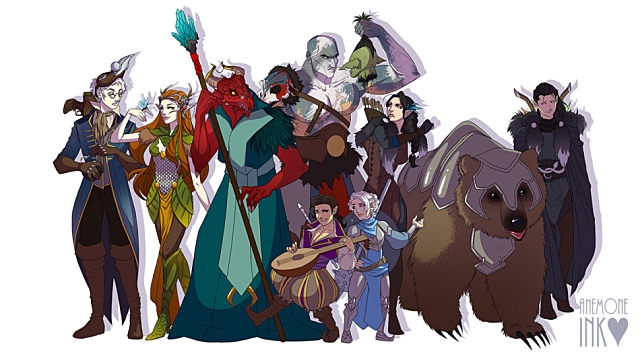
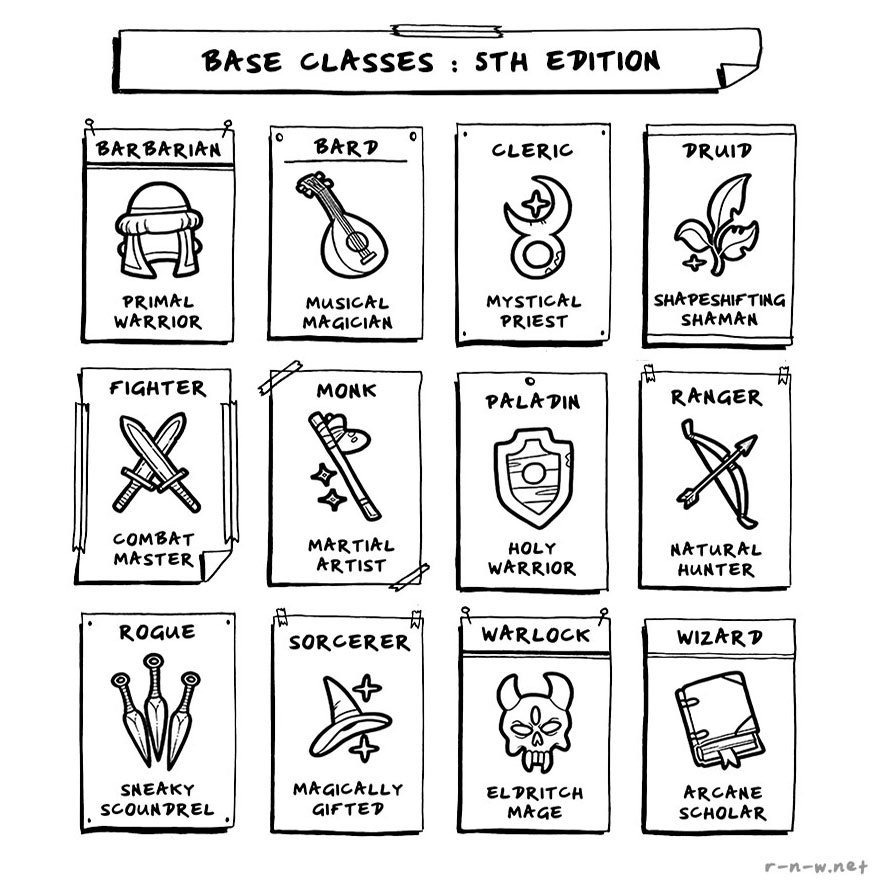
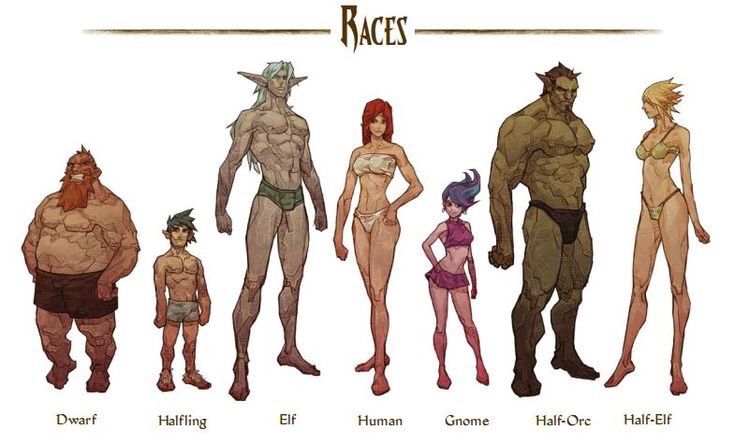
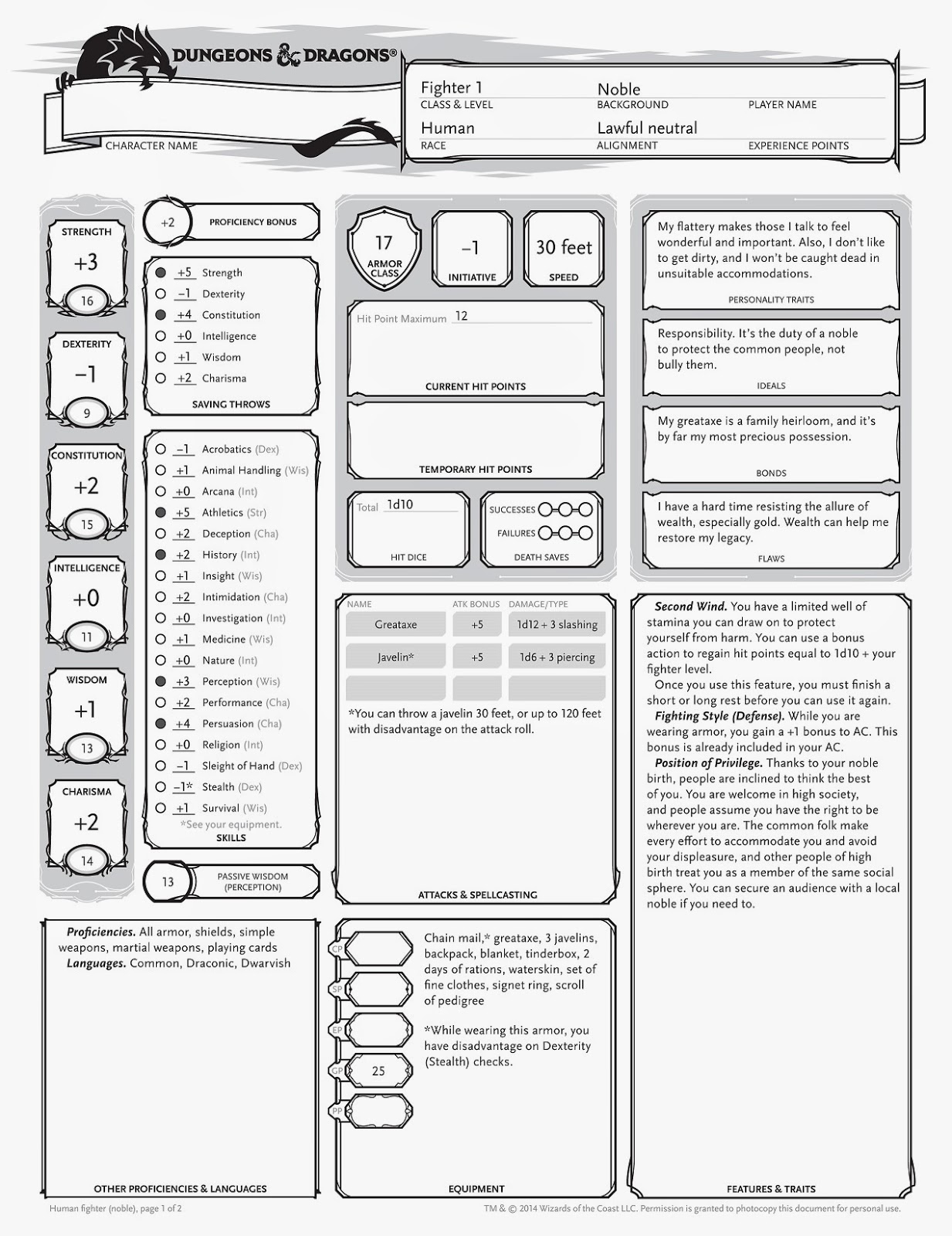

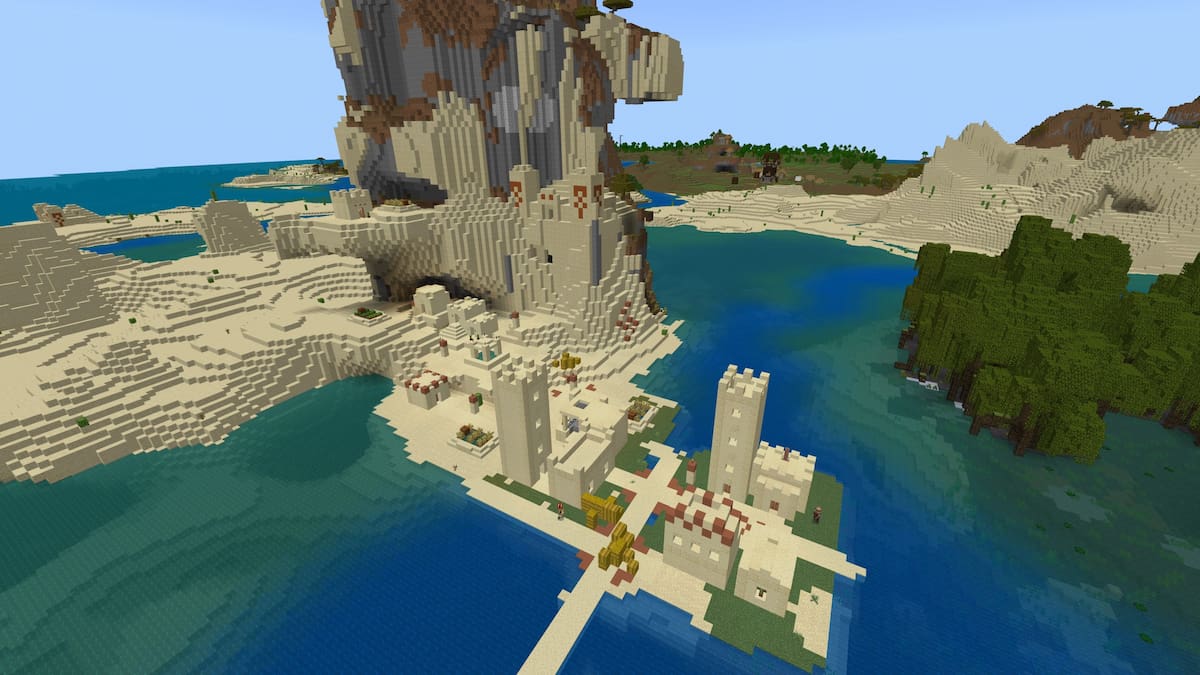


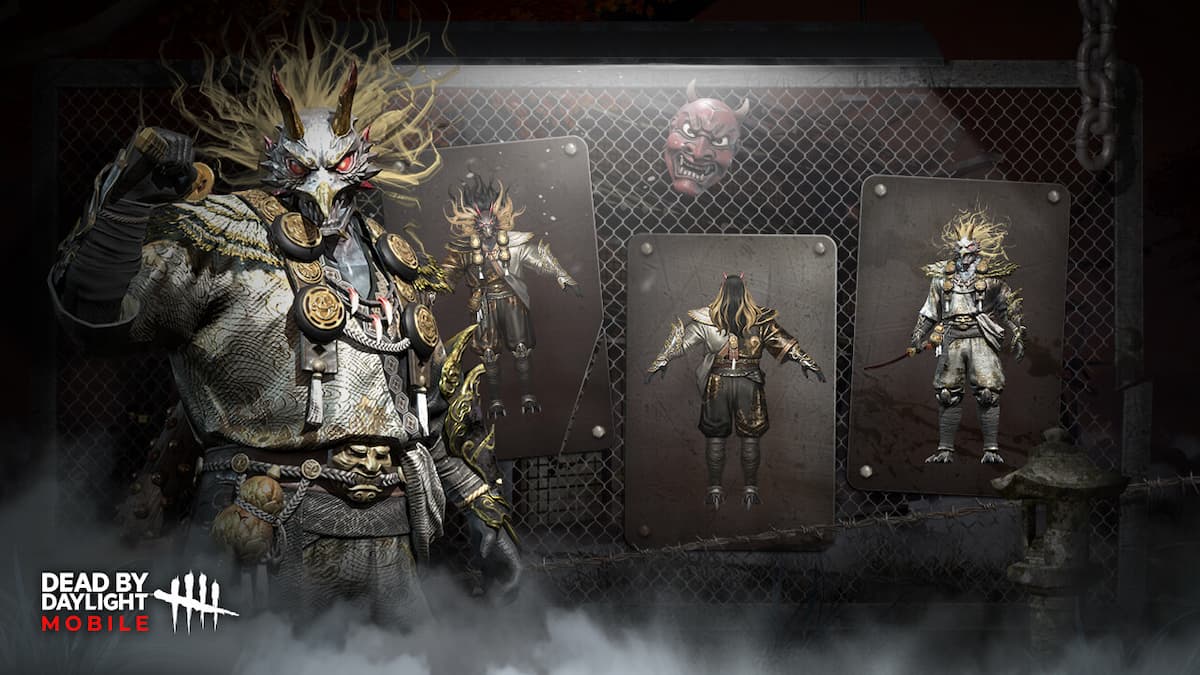
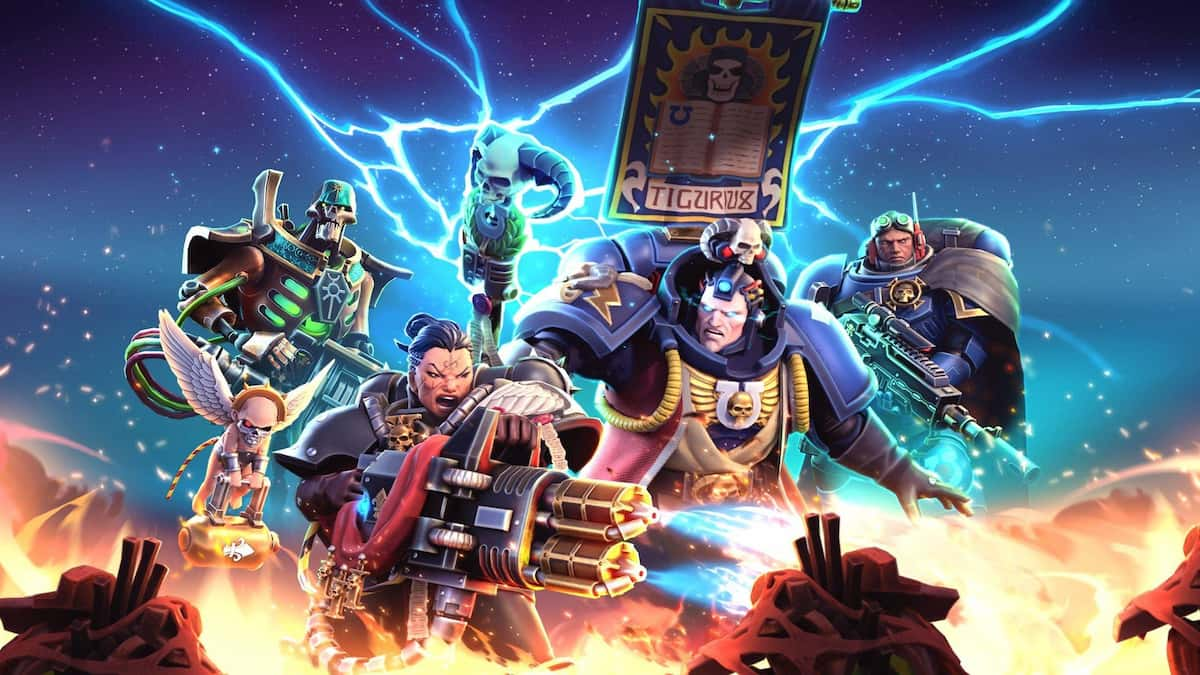
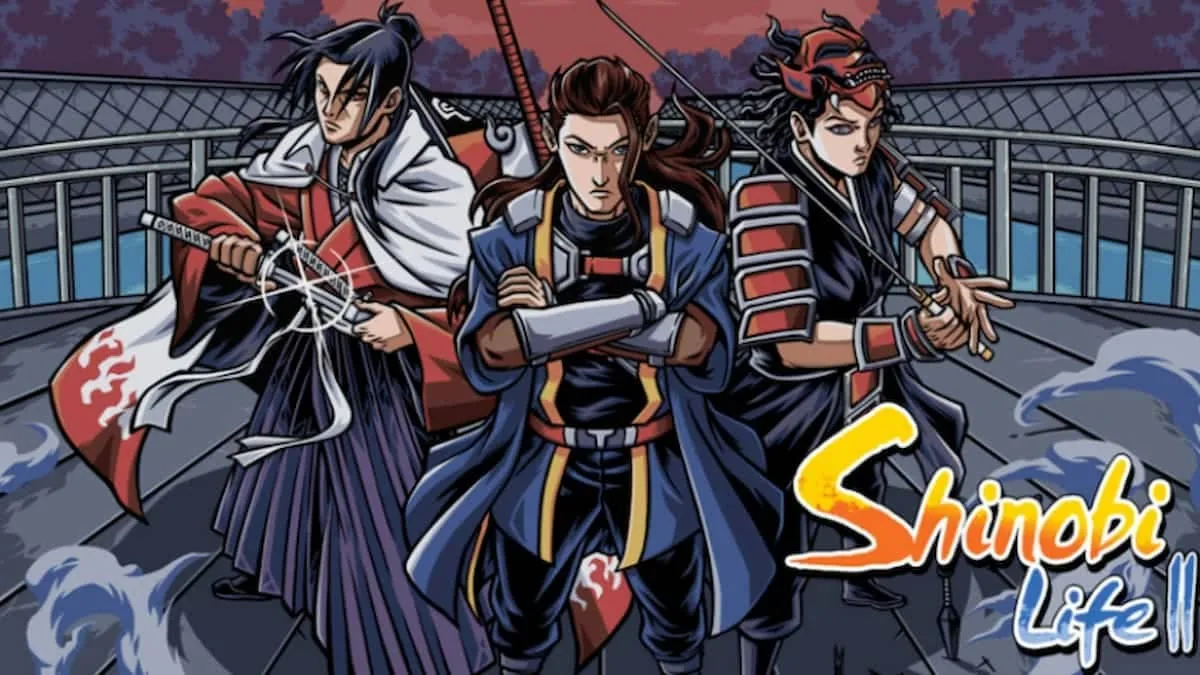

Published: Feb 9, 2018 8:28 PM UTC